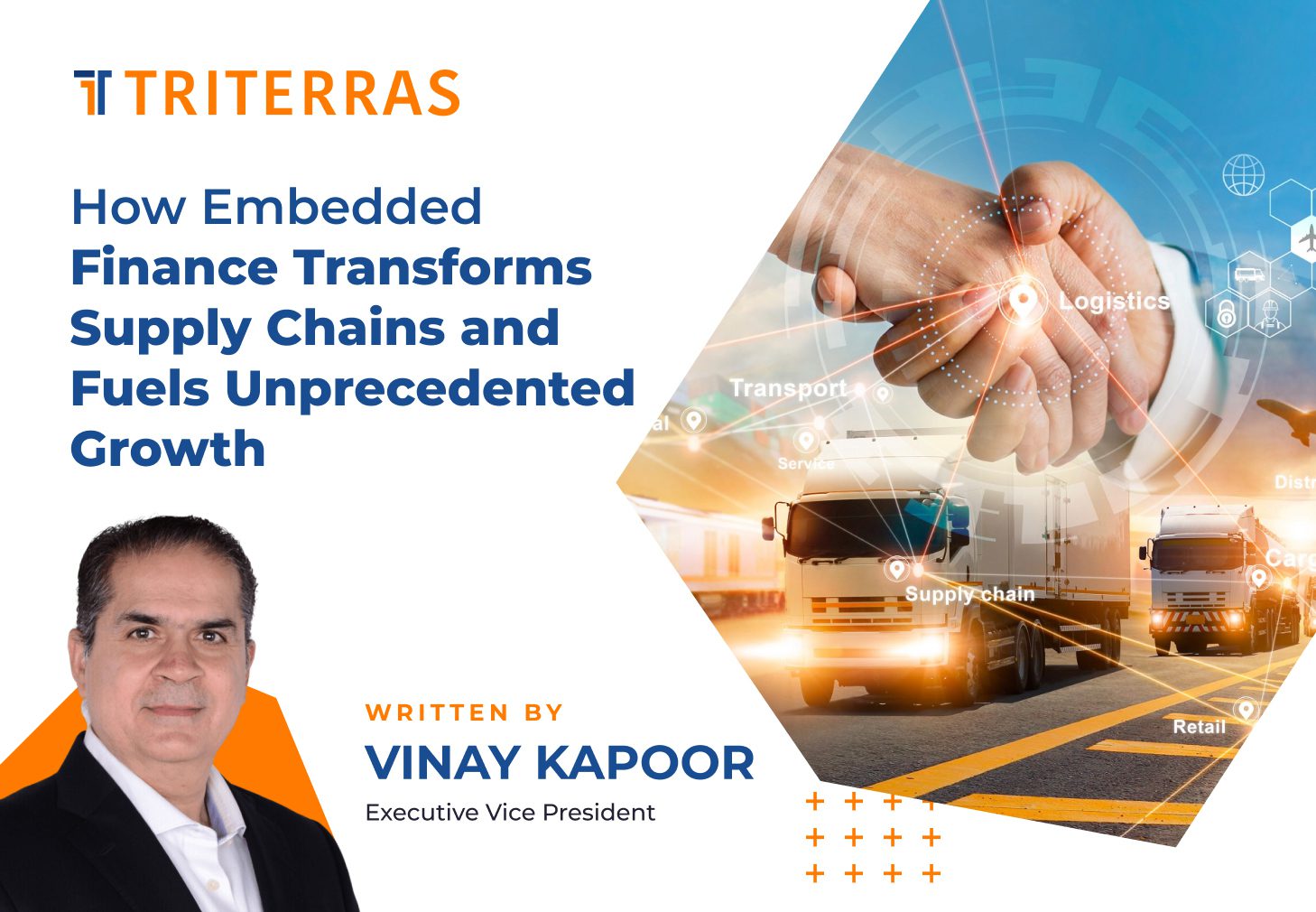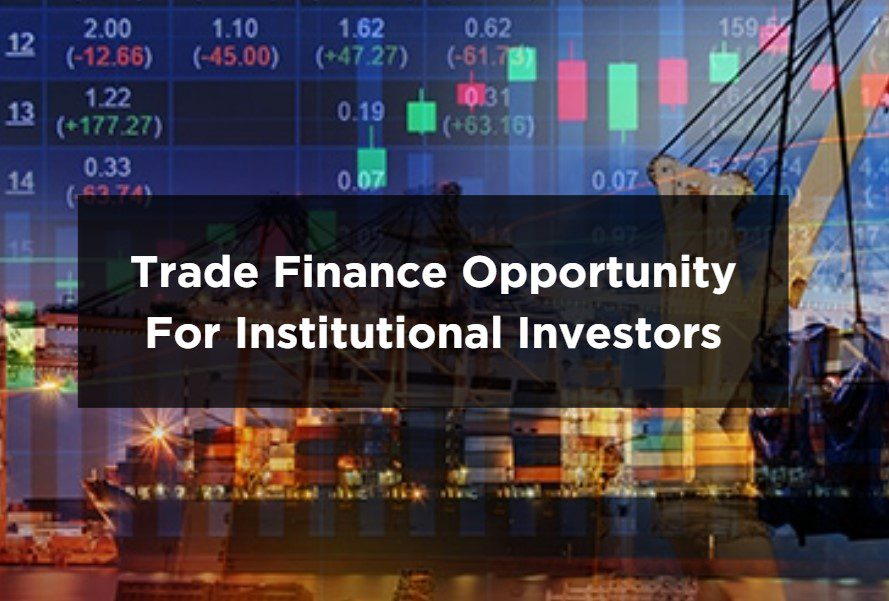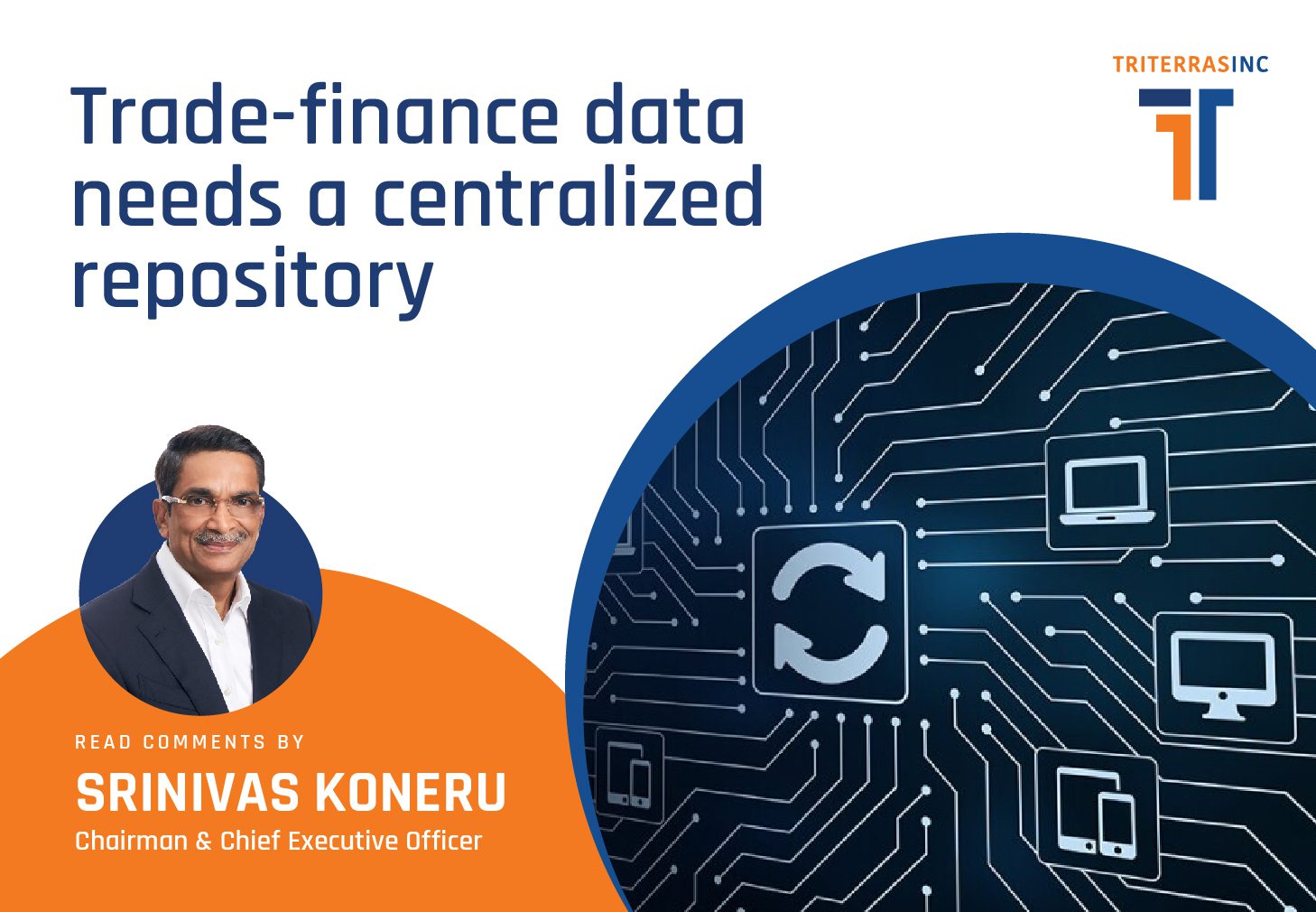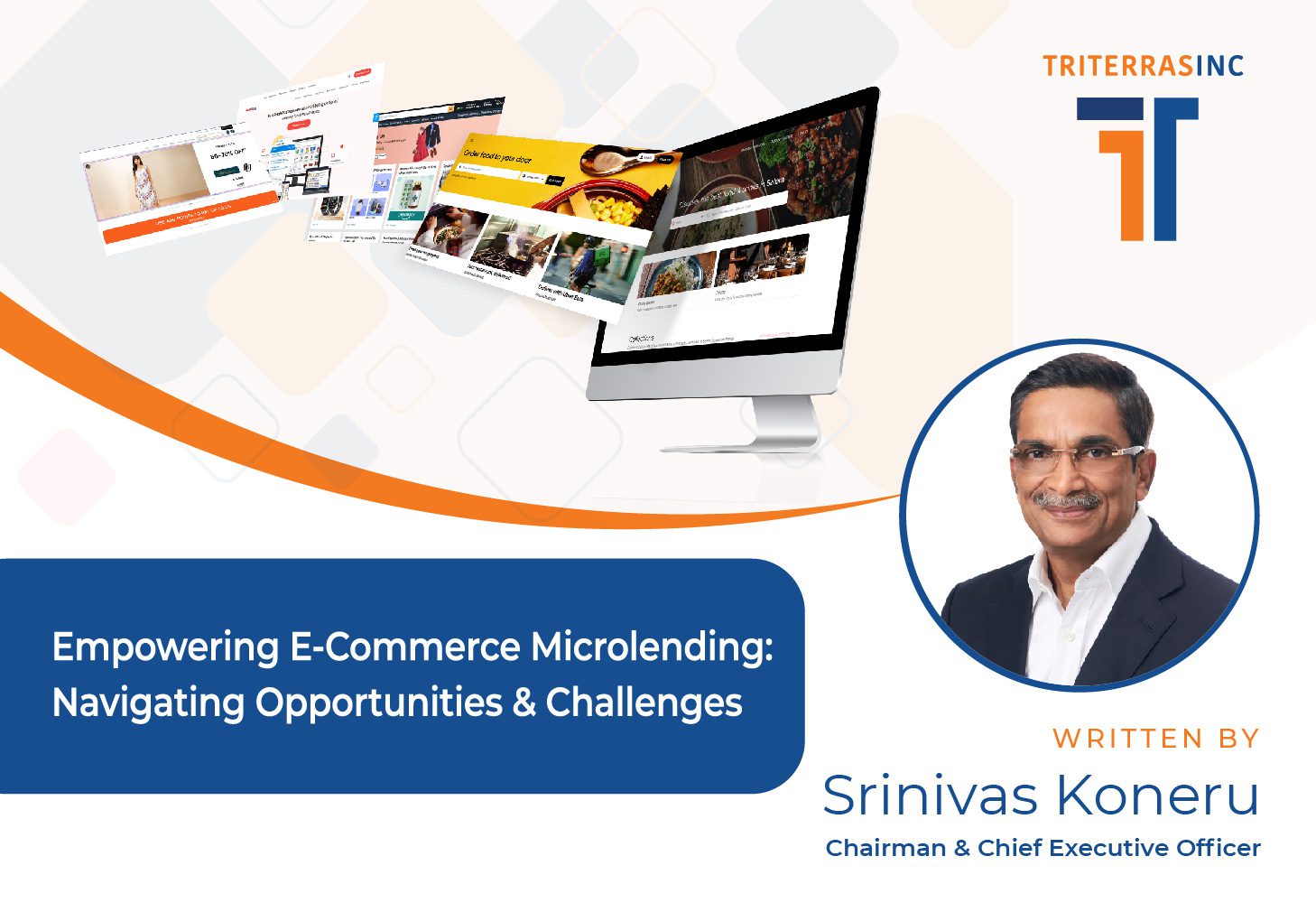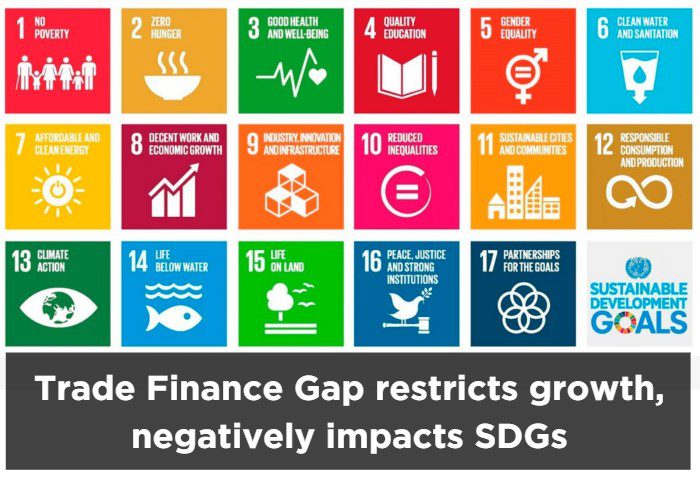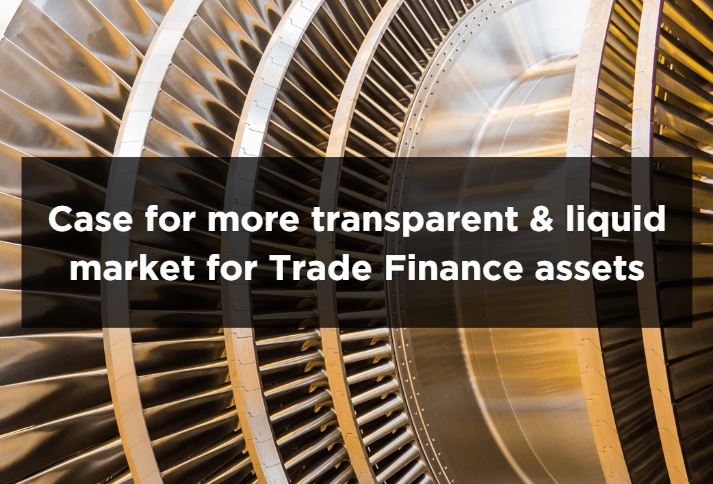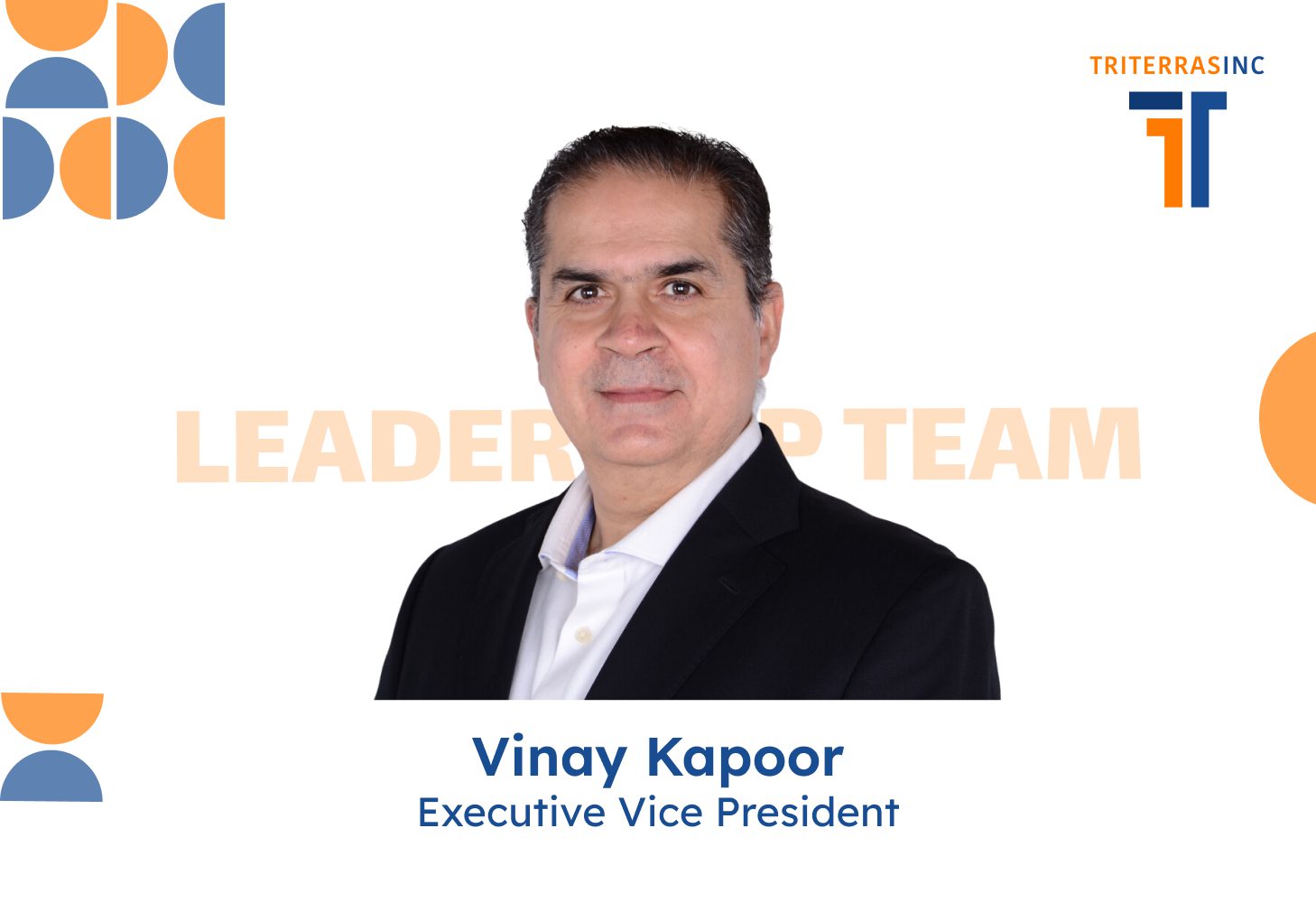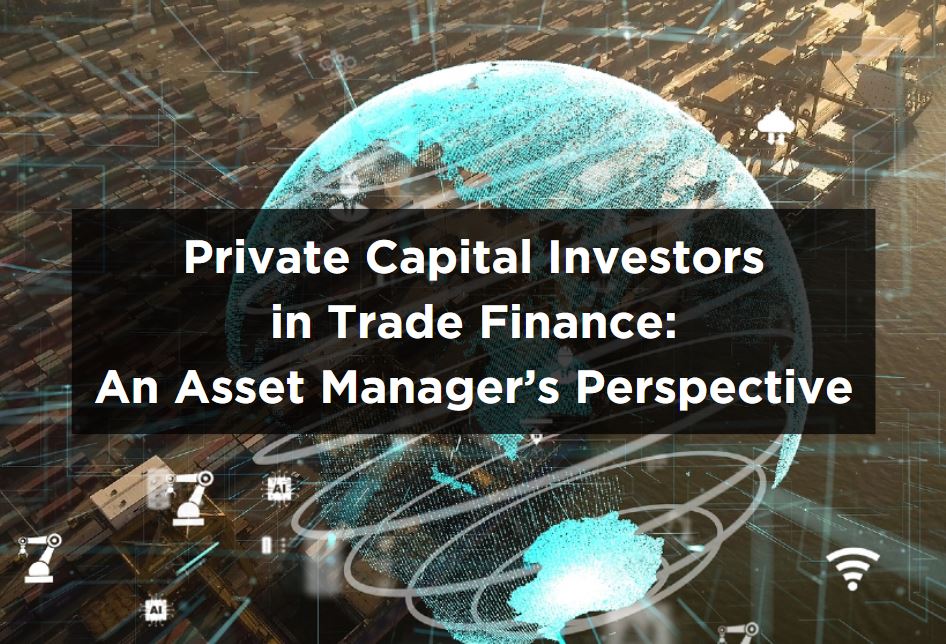When lenders check the online and social media profiles of small business borrowers, they look for several things. First, they want to confirm if the borrower has a solid online presence. It can be in the form of a website, blog, or social media accounts like Facebook, Twitter, Instagram, and others. Furthermore, they may like to check if the borrower has a good reputation online. This can be by way of positive reviews, testimonials, and endorsements. Finally, they may desire to see if the borrower has a strong network of contacts. It can be connections on social media, LinkedIn, and other online platforms.
The Covid-19 pandemic has also given a push to the increasing use of digital checks by lenders. In contrast to earlier crises, governments worldwide introduced lending programs for small businesses. In the US alone, nearly US$800 billion was lent to small businesses through 11 million loans. This unprecedented rush in small business lending forced the banking industry to adopt digital processes for credit checks and risk assessments.
The monitoring and review of social media profiles of small businesses is not a new thing. In January 2014, the Wall Street Journal reported in an article headlined, ‘Borrowers Hit Social-Media Hurdles,’ that lending institutions were mining Twitter, Facebook, and other social media to check the identity and creditworthiness of borrowers. A top official of LendUp, an American online lender, backed by Google Ventures, had told WSJ that social media scoring was one of the tools they use for underwriting.
For many years, small businesses seeking loans have granted online lender Kabbage Inc access to their Amazon, Xero, eBay, and other e-commerce site accounts. Kabbage Inc also checks borrowers’ Facebook, Twitter, and social media accounts. In 2015, Kabbage’s Chief Marketing Officer Victoria Treyger told Chicago Tribune that Kabbage put the social media data of borrowers in an algorithm to decide if a business merited a credit line.
Today, in the data-driven economy, credit scoring based on social media accounts and digital footprints has become routine for most lenders. The social media credit score is based on factors such as payment history, number of friends, and activity levels. These extra measures are undertaken by financial institutions, especially in the case of SMEs, because small business lending data are notoriously difficult to come by.
If you are a small business borrower, lenders may review your social media accounts to verify your history of responsible financial behavior. Additionally, they may use data from your online activity to determine your likelihood of repaying a loan. It could include factors such as how often you search for new credit products, how many credit inquiries you have made, and whether you have a history of late payments.
Usually, alternative lenders are keen to use digital footprint analysis and social media credit scoring to evaluate risks while providing small businesses with the financing they need. Today, these fintech lenders increasingly use data analytics to track and judge borrowers’ digital footprints. By looking at their social media activity, online shopping habits, and even how they interact with their mobile devices, it is easy to get a solid sense of someone’s financial health and creditworthiness. This information is then used to make more informed lending decisions or to price loans differently based on the risks involved.
This new breed of fintech lenders uses cutting-edge technology to assess risks and make lending decisions in a matter of minutes without needing a human underwriter. Its proponents argue that this data-driven approach to lending is more accurate and efficient than traditional methods. What’s more, these lenders are often able to offer loans to those with less-than-perfect credit scores, giving many small businesses access to the financial system usually beyond their reach.
Meanwhile, privacy issues and legality of the area continue to remain grey because such lenders may choose not to do social monitoring of potential customers themselves but turn to commercial credit bureaus like Dun & Bradstreet, Equifax, or Experian. These organizations are mining alternative data from business and social media sources into their databases for predictive risk analysis.
To sum up, there are five principal elements that lenders look at in the social media profiles, professional websites, and other online information available about small business borrowers. They include quality of online reviews, growth or decline of reviews, customer responsiveness, social media following, and network size, the match between an online business profile and actuals. Given the above, as a small business owner, you should monitor these parameters regularly because you never know when you may need the next loan.







